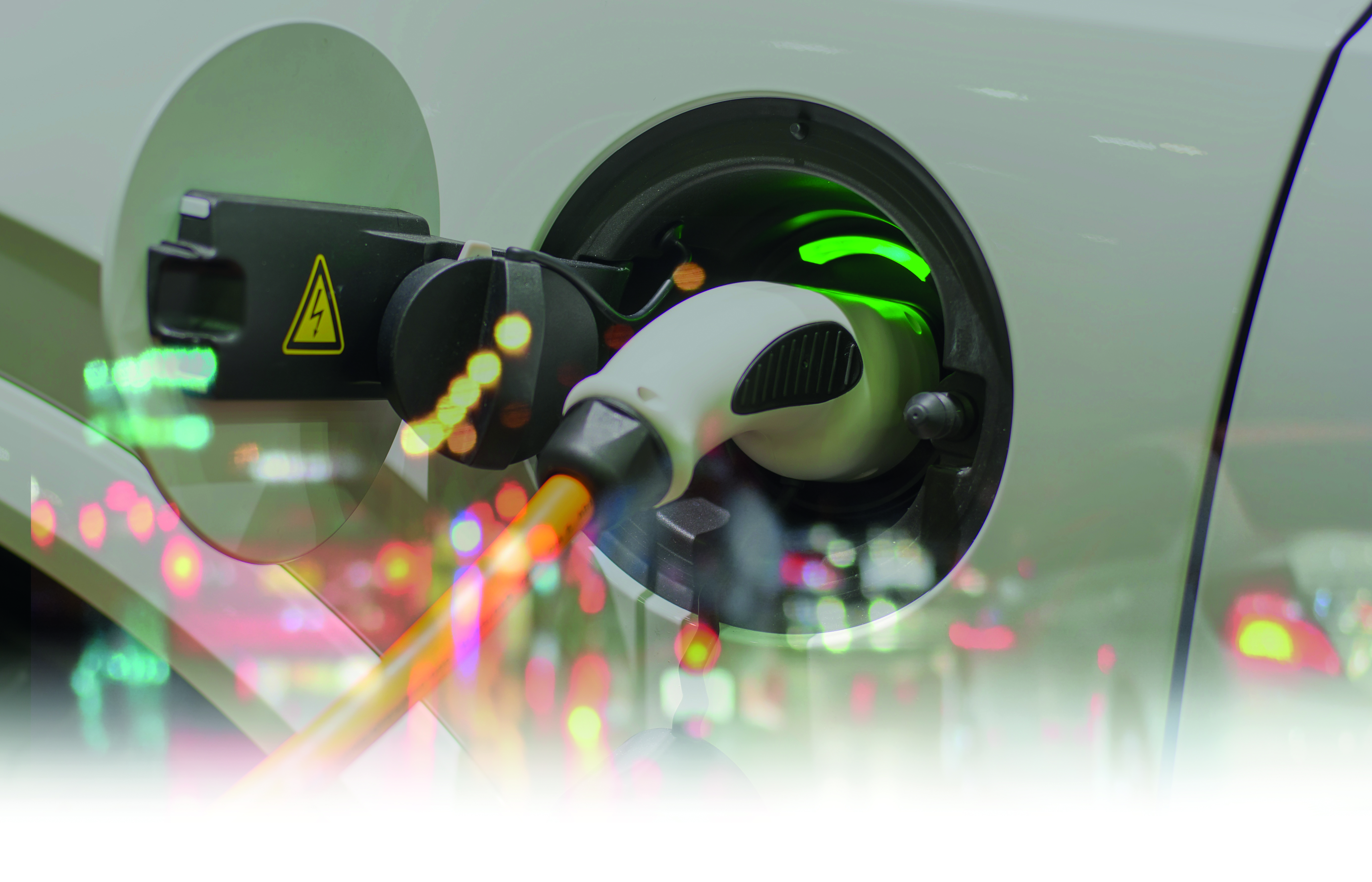A report by the National Audit Office (NAO) has acknowledged the progress being made in the take up of ultra-low and zero emission vehicles but questioned whether enough is known about how public subsidies have helped develop the market.
In the report the NAO puts the electric car take up in context:
- 67.9 million – tonnes of CO2 equivalent emitted by cars in 2018, accounting for 19% of all of the UK’s emissions
- 32.9 million – number of cars registered in the UK as at September 2020
- 348,506 – number of ultra-low emission cars registered in the UK as at September 2020; 154,691 of these were fully electric
- 0.5% – proportion of the UK car fleet that is fully electric as at September 2020
- 142,604 – number of electric vehicle charge-points installed with the help of government funding by March 2020 (133,336 are home charge-points)
According to the NAO, by March 2020 the Office for Zero Emission Vehicles (OZEV) – which manages the grants and subsidies – had spent £1.1 billion, which included:
- £1 billion on the plug-in car grant, the largest amount spent by OZEV, aimed
at reducing the upfront purchase costs of qualifying cars – encouraging higher volumes to be sold, which in turn would create economies of scale and lead to lower prices from manufacturers. The grant is currently £3,000 for qualifying cars and is paid to the car manufacturer; - £97.2 million on grants to help people install charge-points at home. This grant is paid to the installer and covers 75% of the cost (capped at £350);
- £5.8 million to help local authorities install on-street residential charge-points;
- £3.7 million to help install charge-points at workplaces, capped at £350 per socket; and
- £9.5 million on a consumer awareness campaign
The NAO says that “while OZEV has assessed the likely impact on the market of changes to the plug-in car grant, it cannot clearly demonstrate the cumulative impact spending £1 billion has had on growth of ultra-low emission cars.”
The NAO report notes that “even with the plug-in car grant, zero-emission cars remain an average of £13,000 more expensive to purchase than conventional cars. The initial costs of zero-emission cars did not reduce in relative terms to petrol- and diesel-powered cars between 2011 and 2020. The main reason for this is that manufacturers have focused on extending the battery range – the costliest element of an electric car.”
However, OZEV estimates that the lifetime cost of owning an electric car is, in some cases, now less than those for petrol and diesel equivalents.
Steve Gooding, director of the RAC Foundation, said:
“Alongside a home, a car is the biggest purchase a family will ever make. That’s why drivers need reassurance that if they go electric they will have access to plenty of reliable charge points at fair prices – after all convenience and cost are key considerations when people are thinking about buying battery-powered cars.”
ENDS
Contact:
Philip Gomm – Head of External Communications – RAC Foundation
[email protected] | 07711 776448 | 020 7747 3445 | 020 7389 0601 (ISDN)
Notes to editors:
The RAC Foundation is a transport policy and research organisation that explores the economic, mobility, safety and environmental issues relating to roads and their users.
The Foundation publishes independent and authoritative research with which it promotes informed debate and advocates policy in the interest of the responsible motorist. All the Foundation’s work is available at: www.racfoundation.org


